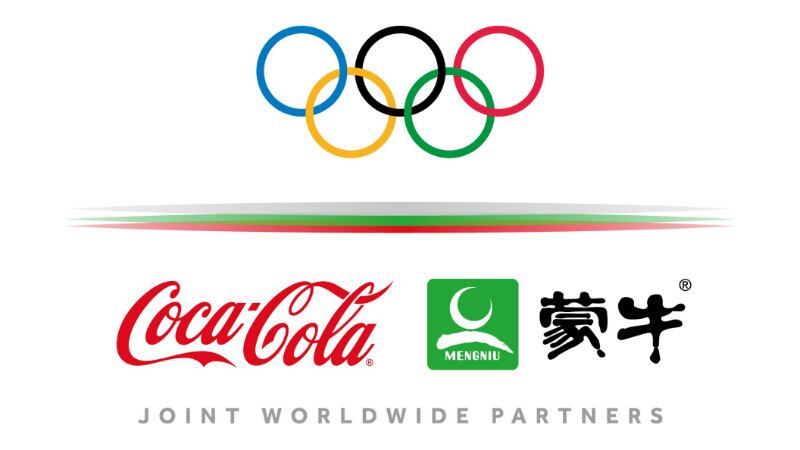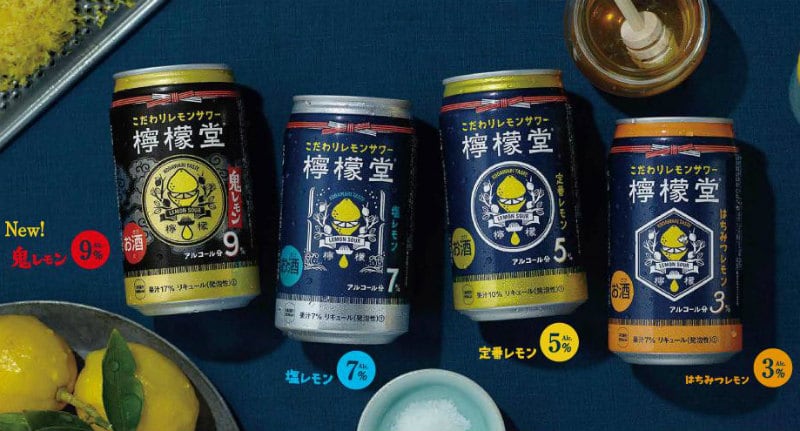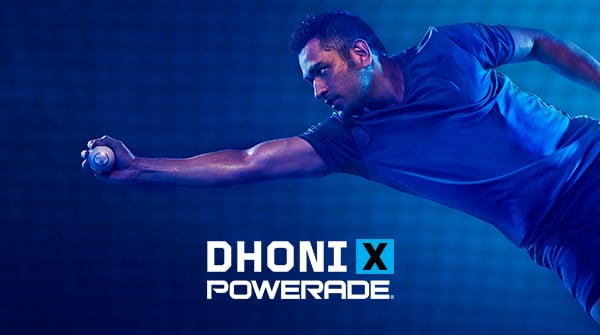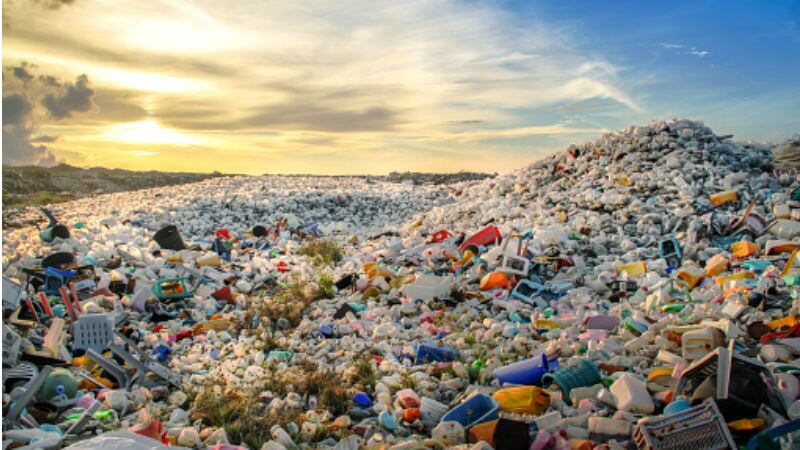Earlier this year, the International Olympics Committee (IOC) announced the formation of the Joint Top Programme, which ‘combines the non-alcoholic beverage and the dairy categories into a new joint category’.
Both Coca-Cola and Mengniu were brought on as the first ever Joint TOP partners, signing the agreement with the IOC earlier this year.
The joint partnership agreement runs through till 2032 and covers the Beijing 2022 Olympic Winter Games 2022, the Paris 2024 Olympic Games, the 2026 Olympic Winter Games, the Los Angeles 2028 Olympic Games, the 2030 and 2032 Olympic Games, as well as International Paralympic Games and Youth Olympic Games.
The deal is worth some US$3bn, according to the Financial Times.
Under the partnership, Joint TOP partners have category-exclusive ‘marketing rights’ with regard to these events, and will put ‘unprecedented investment in traditional and digital media to promote the Olympic values globally’, according to the Olympics website.
In response to FoodNavigator-Asia’s attempts to find out more details about this, the Olympics media spokesman declined to comment further, but directed us to the official press release, which added: “Olympic marketing programmes are based on the fundamental principle of exclusivity within a specific product category and territory.”
A spokesman from Coca-Cola Japan also remained coy on details, telling us that most of the current partnership initiatives were still ‘under consideration’.
“We are still in progress [of clarifying] our Olympic Movement, [and] would like to share our approach with proper timing [when we are more ready],” he said.
“We would [announce] each activity, background [information] and [more on the overall] story once we those initiatives [are] fixed.”
Historically though, Coca-Cola-Olympic partnerships have generally included marketing activities such as printed promotional materials, special commemorative product designs e.g. the Beijing 2008 commemorative cans, various awareness campaigns and more.
Coca-Cola has partnered the IOC on every Olympics game since 1928, and this agreement makes it the event’s longest-standing partner at 104 years.
Coca-Cola’s involvement in the Olympics
Despite the longstanding partnership, there has been no short of criticism on the beverage giant’s involvement with the sporting event, given that its best-selling products are sugar-sweetened beverages continuously being linked with chronic diseases such as obesity and diabetes.
“[To] allow companies like Coca-Cola and McDonalds [to advertise at the Olympics] is nonsensical, given that the major risk factor that drives the most death and disability combined around the world is diet,” World Obesity Federation President Professor Ian Caterson and NCD Child Chair Dr Mychelle Farmer previously wrote in an opinion piece on The Guardian.
“Soda and other junk food are clearly playing a substantial role in fuelling a child obesity epidemic around the world.
“[We] do future generations of potential athletes a gross disservice by allowing the Games’ association with companies that promote that epidemic.”
They added that the IOC ‘must be aware’ of this fact given ‘historical criticism’ of the games’ association with junk food, yet ‘through neglect or design, it has done nothing to stop Olympic athletes from being courted by brands like Coca-Cola’.
IOC Television and Marketing Services Managing Director Timo Lumme commented via a video on the Olympics website that: “Coca-Cola play a vital role in hydrating the athletes and refreshing the spectators, and have helped bring the Olympic Games experience to a new level.”
Coca-Cola Global Sports Partnership Vice President Ricardo Fort added that: “The association with the Olympic Games help us to make the Coca-Cola brand and all the other brands in our portfolio more meaningful.”
Both the spokesman from Coca-Cola Japan and the IOC spokesman did not comment on queries relating to this association.
Mengniu’s dramatic start to the partnership
Days before Mengniu was confirmed as an official Joint-TOP partner, it faced a dramatic start following an accusation by key dairy competitor Inner Mongolia Yili Industrial Group (Yili), which accused it of ‘disrespecting the Beijing 2022 Winter Olympic Games’ by ‘bypassing the local Beijing Olympics organizing committee and government agencies’ to secure the Joint TOP partnership.
“[What they did] was meant to mislead local consumers and make them think that they are one of the dairy product partners [for the Beijing Olympics], which contradicts the authority that the IOC has given to the local committee [over dairy product partnerships] and is not in line with the Olympic spirit,” wrote Yili in an open letter on their official WeChat account, which has since been deleted.
Yili added that the local committee had requested Mengniu to stop the partnership immediately, and this was agreed to along with a letter of apology from Mengniu’s parent company COFCO, but the ‘scandal’ still proceeded ahead with the signing of the partnership agreement.
In retaliation, Yili said it was considering either pulling out from the Beijing Olympics partnership, or completely terminating all collaborations with the Olympics after its contract ends in 2024.
As of August 7, the partnership appears to still be on track as Yili Chairman Pan Gang was named the latest Rotating Chairman of the Beijing Winter Olympics Organising Committee.
Whether or not the company will renew its partnership with the Olympics after the end of its contract, however, remains to be seen.





